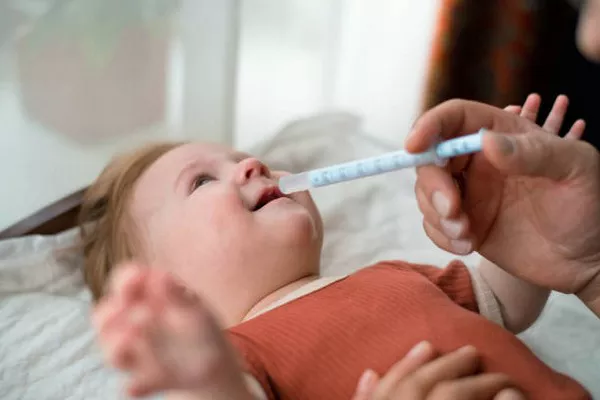A recent study led by Dr. Gemma Heath from Aston University and Dr. Prasad Nagakumar of Birmingham Children’s Hospital highlights a pressing need for clearer, evidence-based guidelines for the diagnosis and treatment of preschool wheeze.
Preschool wheeze, which affects 30–40% of children under the age of six, is characterized by episodes of wheezing or breathlessness. Children with narrower airways are particularly vulnerable. While it often mimics asthma, preschool wheeze is more commonly triggered by viral infections or allergies and does not necessarily indicate that a child will go on to develop asthma.
The United Kingdom has one of the highest rates of preschool wheeze among two-year-olds in Europe, with the condition being a leading cause of emergency hospital visits and hospitalizations. Repeated wheezing episodes are distressing for parents and contribute to significant healthcare costs, morbidity, and reduced quality of life for both children and families.
At present, there are no definitive diagnostic or management guidelines for preschool wheeze. The research team conducted interviews with affected parents and carers to better understand their experiences and found persistent issues with diagnosis and treatment at various stages.
One of the primary concerns expressed by parents was the inconsistent terminology used by healthcare professionals, as well as conflicting diagnoses, such as asthma, suspected asthma, viral wheeze, and allergy. Some parents voiced frustration over the lack of a clear diagnosis, with instances of misinformed reassurances, such as labeling the condition as merely viral rather than potentially asthmatic, or failing to identify a cause at all.
Another significant issue was the delay in investigative testing until after multiple hospitalizations. Blood tests could provide valuable insights into whether asthma or an allergy is behind the wheezing, which would, in turn, help guide treatment decisions. Parents in the study supported the use of timely testing, though many stressed that repeated tests should be avoided to reduce the burden on children.
Currently, preschool wheeze is managed with steroid and salbutamol inhalers, similar to asthma treatment. While some parents expressed concerns about the side effects and long-term impacts of these medications, they accepted the treatment as necessary for their child’s wellbeing.
Parents also reported high levels of anxiety and distress during wheeze attacks, with some feeling “terrified” as they watched their child struggle to breathe. The psychological toll was significant, with many parents missing work or even quitting their jobs to care for their children. Additionally, the fear of potential attacks sometimes prevented families from traveling, especially internationally, due to concerns about access to healthcare.
While most parents preferred to seek care at hospitals due to perceived gaps in GP training and a lack of confidence in primary care, accessing hospital care itself proved challenging. Barriers included childcare issues, the cost of parking at hospitals, and a shortage of ambulances.
The research team emphasized the importance of addressing these concerns, urging clinical trials to evaluate the effectiveness of treatment approaches based on the results of diagnostic investigations. The study calls for clearer guidelines to help manage preschool wheeze more effectively and reduce the emotional and financial burden on families.
You Might Be Interested In:
-
Public Health Experts Outline Critical Steps in Handling HPAI H5N1 Spread
-
Gut Microbes and the Body Work Together to Regulate Fat Metabolism

